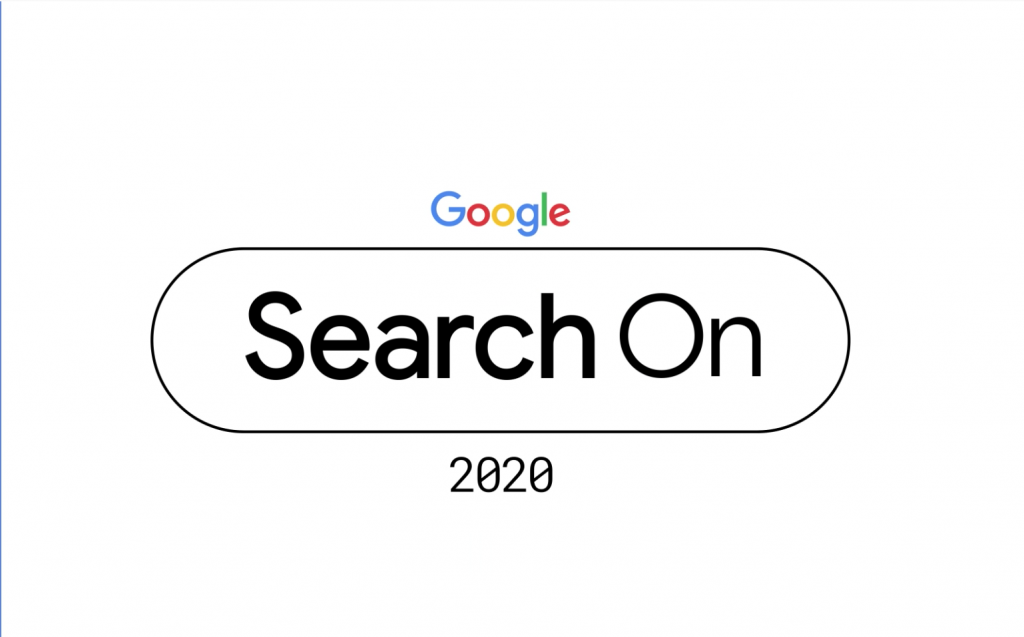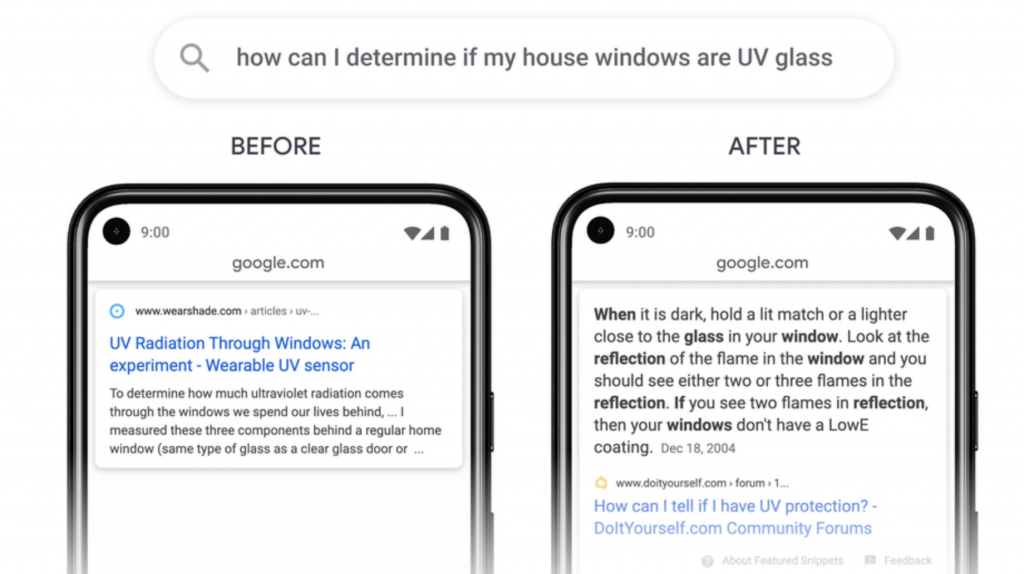
Google Beefs Up Spell Checking as DOJ Launches Monopoly Checking
As Google presents some updates for users of its search engine, including a spelling corrector, the U.S. Department of Justice is conducting its own checking of the company’s abuse of power.
Chaim Gartenberg writes in theverge.com about a recent Google video chat called Search On, made with the CEO that explains some of their new ideas. The changes are largely focused on using new AI and machine learning techniques to provide better search results for users. Chief among them: a new spell-checking tool that Google promises will help identify even the most poorly spelled queries.
Meanwhile, on Tuesday the Justice of Department accused Google of illegally monopolizing search and search advertising in a long-expected lawsuit, according to a New York Times story. The United States v. Google is the first, but possibly the most significant, of many antitrust lawsuits expected to check the power of dominant tech companies that squeeze out competition.
Google intends to fight the lawsuit and is carrying on doing business as usual for now. The search company’s deals with Apple, mobile carriers and other handset makers to make its search engine the default option accounted for most of its dominant market share in search, the DOJ said, a figure estimated at 80 percent.
“For many years,” the DOJ said in its 57-page complaint, “Google has used anticompetitive tactics to maintain and extend its monopolies in the markets for general search services, search advertising and general search text advertising — the cornerstones of its empire.”
So while the Justice Department under Attorney General Bill Barr goes after Google, the search engine company is going after poor spellers.
1 in 10 Search Queries Are Misspelled
According to Prabhakar Raghavan, Google’s head of search, 15 percent of Google search queries each day are ones the search engine has never seen before, meaning the company has to constantly work to improve its results. Cathy Edwards, VP engineering at Google, said 1 in 10 search queries on Google are misspelled. Google has long tried to help with its “did you mean” feature that suggests proper spellings. The new spelling algorithm, powered by a neural net with 680 million parameters, runs in under three milliseconds after each search. It’s expected to offer better spelling suggestions.
Some on social media like to write messages in “slang,” and it really seems to upset the predictive AI program. It will probably upset Google’s new spelling algorithm as well.
Another new change: Google search can now index individual passages from webpages, instead of just the whole webpage. For example, if users search for the phrase “how can I determine if my house windows are UV glass,” the new algorithm can find a single paragraph on a DIY forum to find an answer. According to Edwards, when the algorithm starts to roll out next month, it’ll improve 7 percent of queries across all languages.
Google is also using AI to divide broader searches into subtopics to help provide better results (say, helping find home exercise equipment designed for smaller apartments versus just providing general workout gear information). It seems they are trying to write algorithms that are as undecided as we are.

The company is also starting to use computer vision and speech recognition to automatically tag and divide videos into parts, an automated version of existing chapter tools, which will help users access information faster. It’ll be available by the end of the month.
read more at theverge.com







Leave A Comment